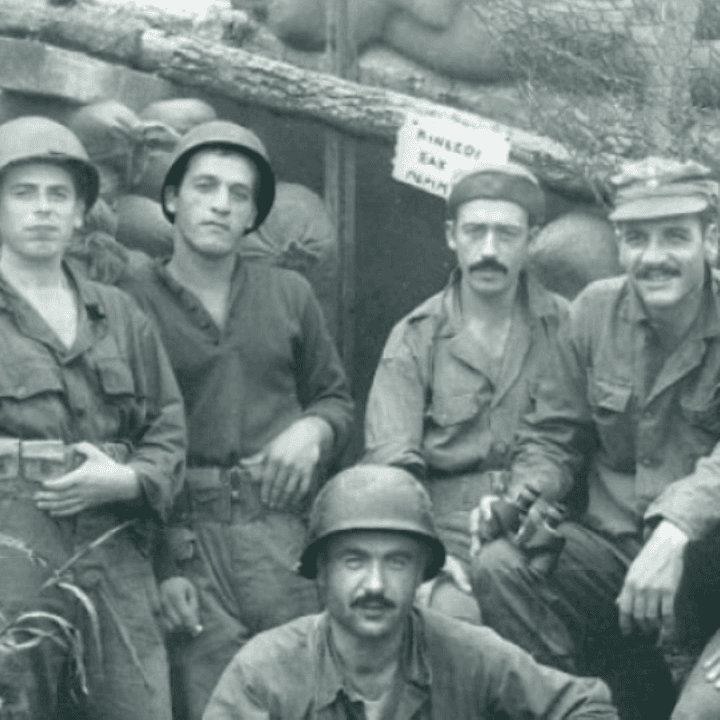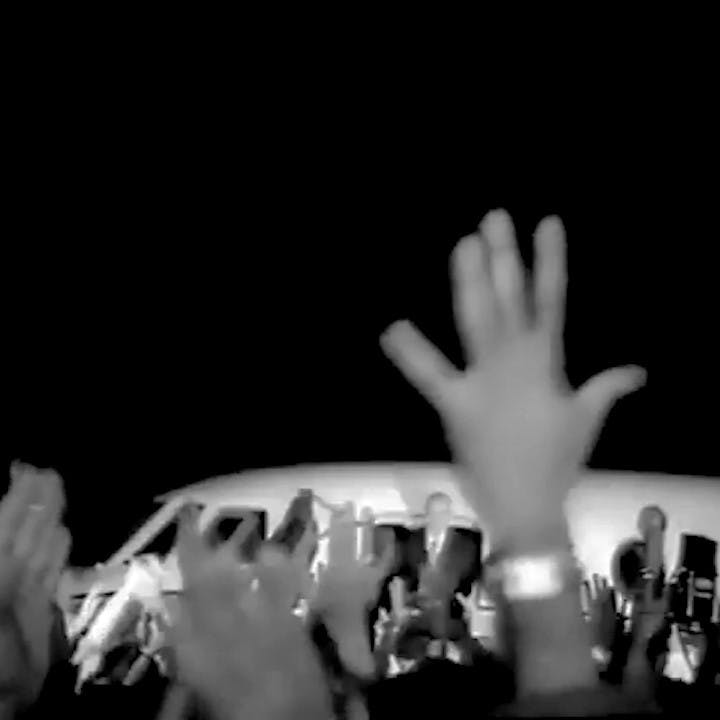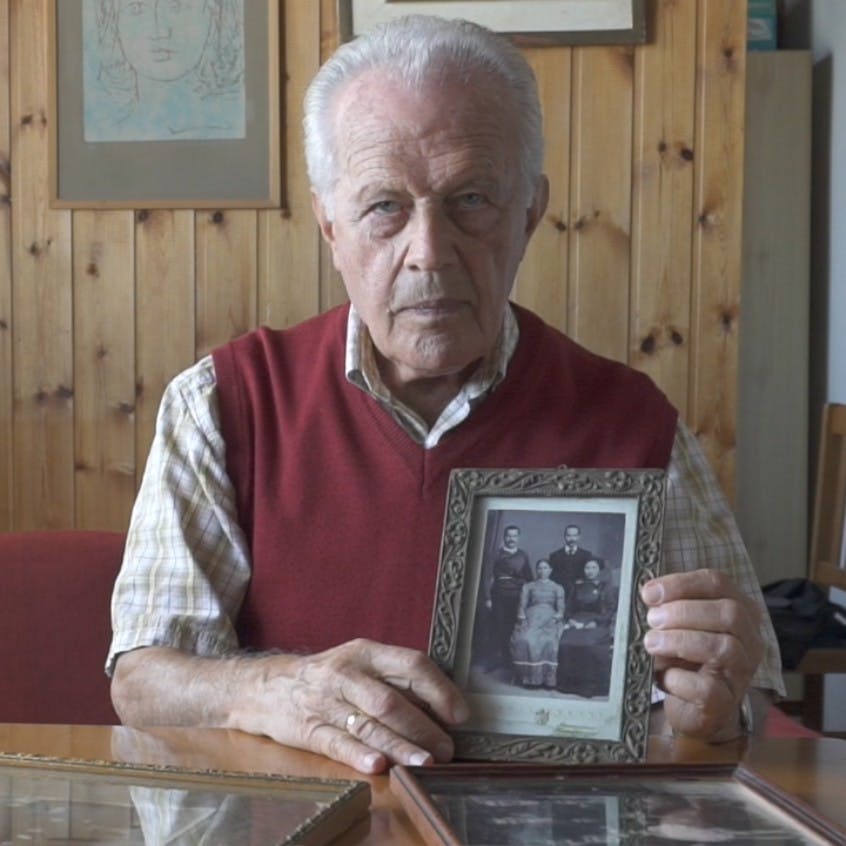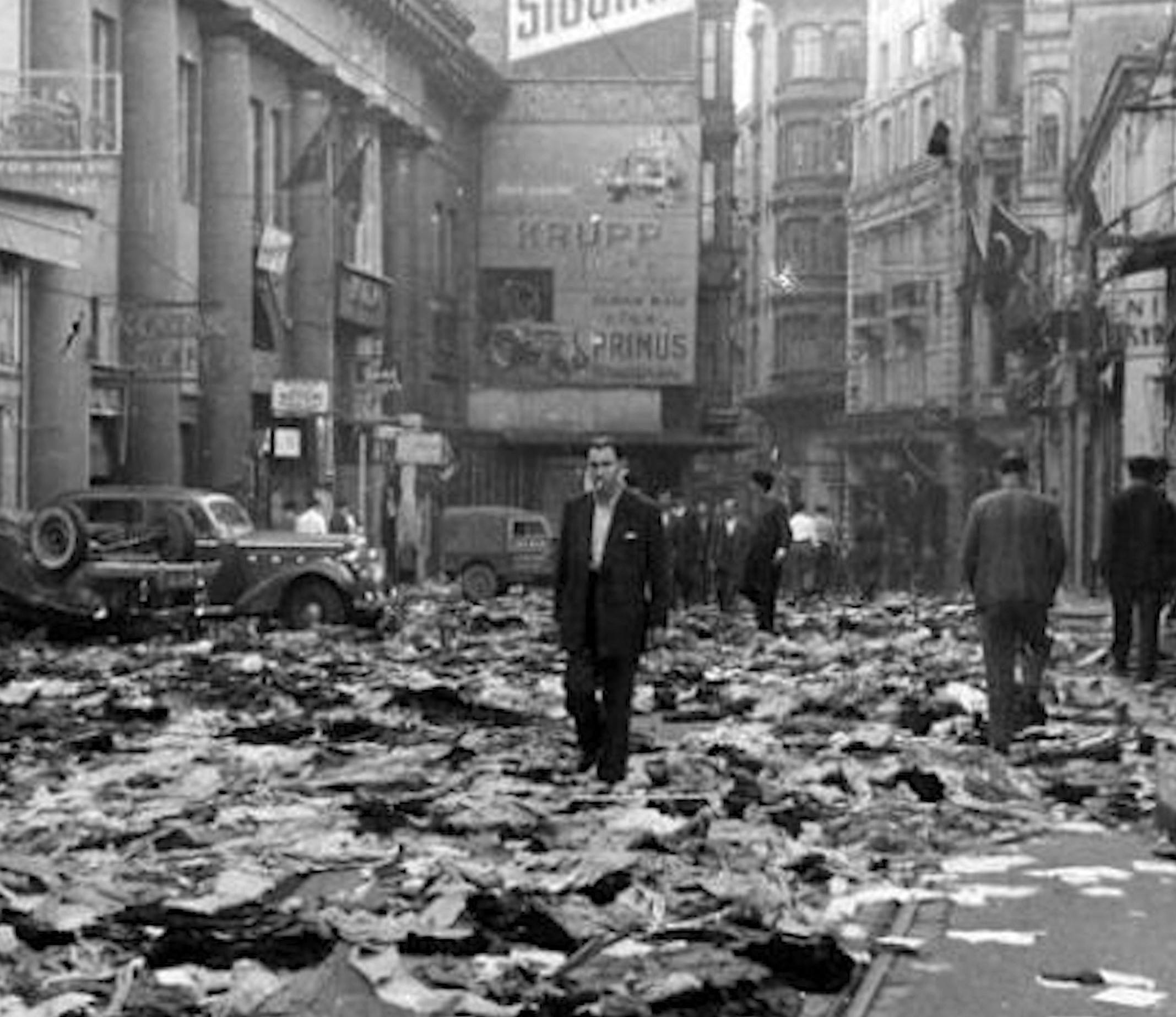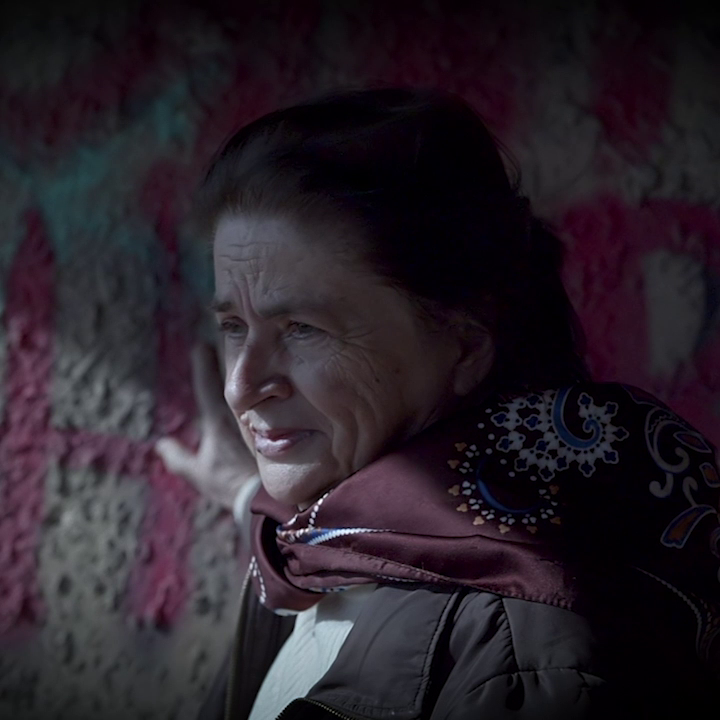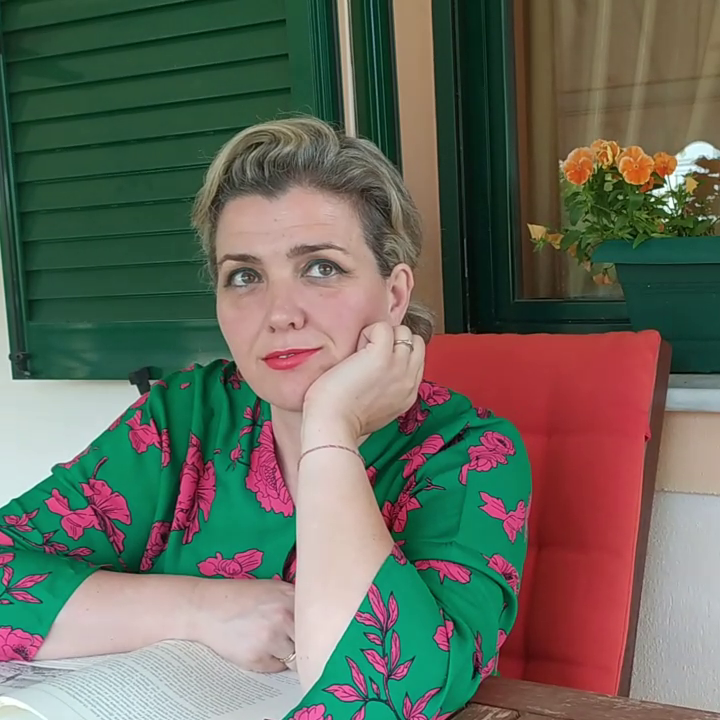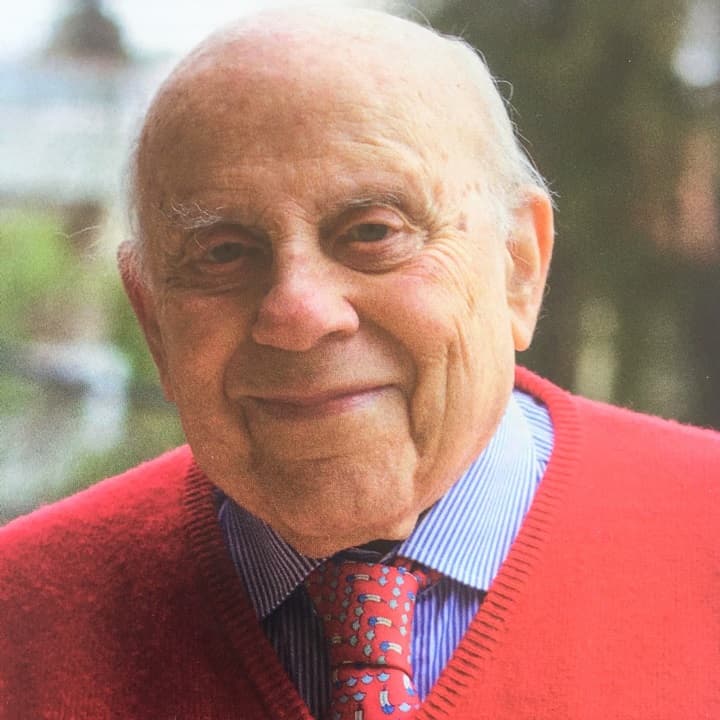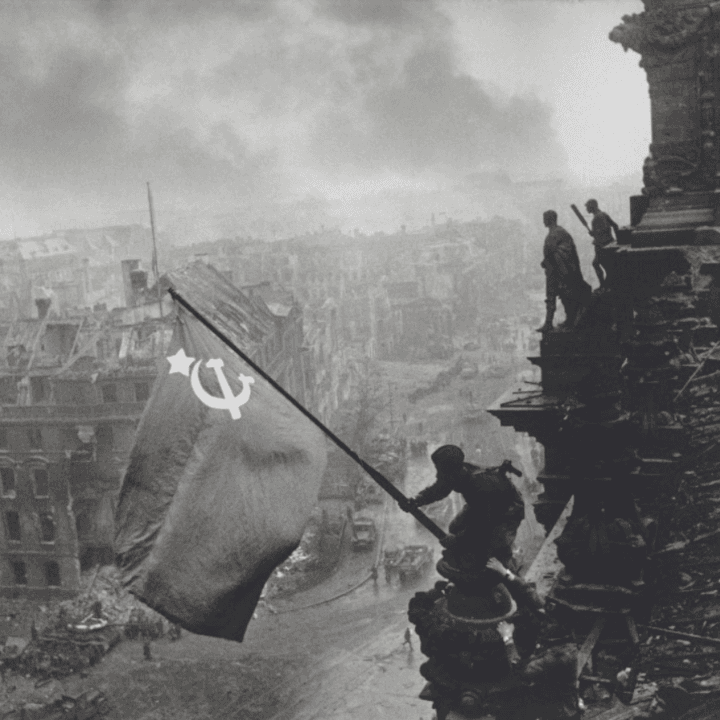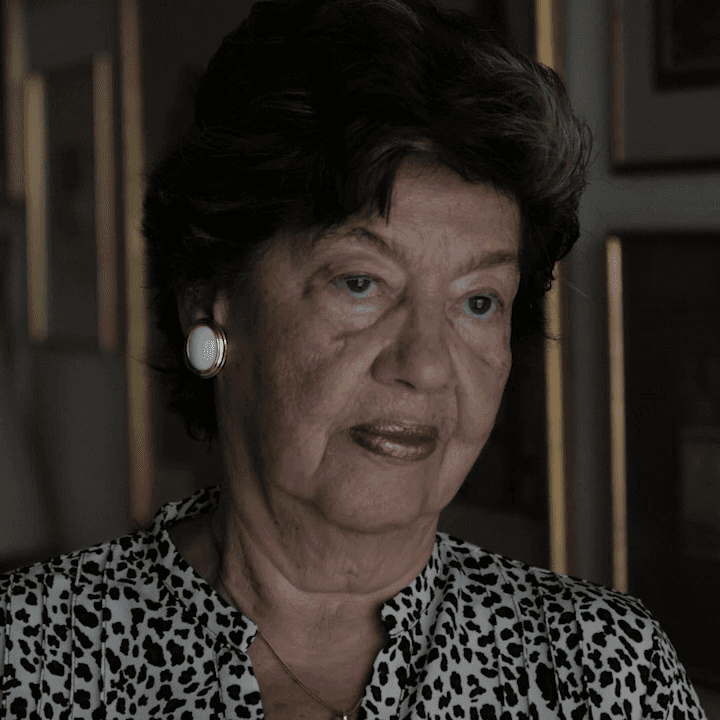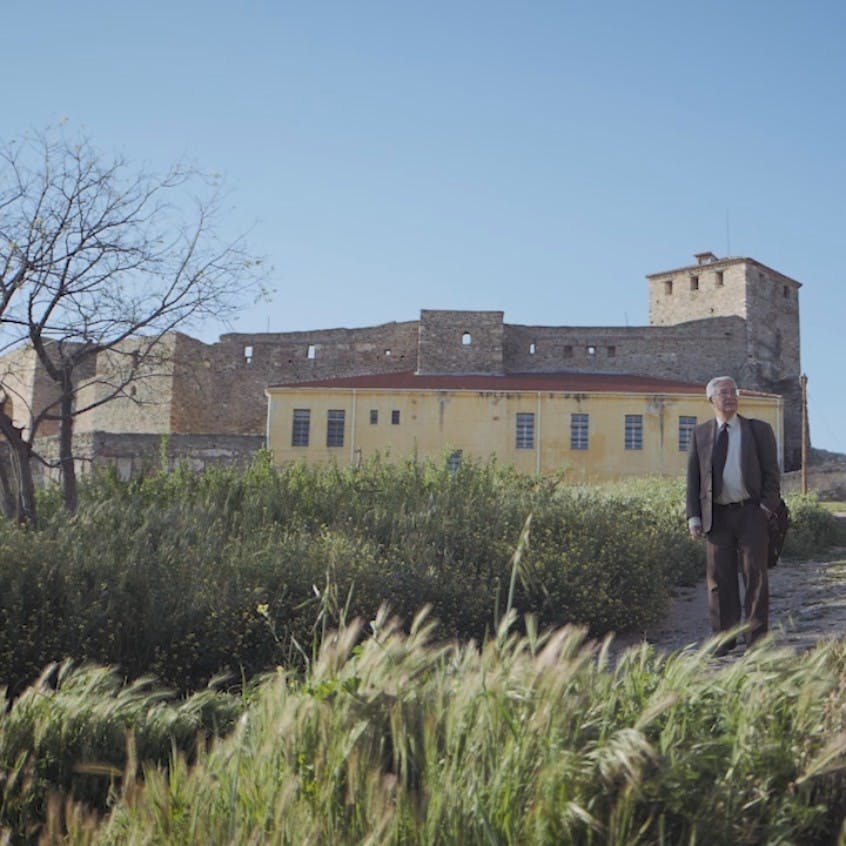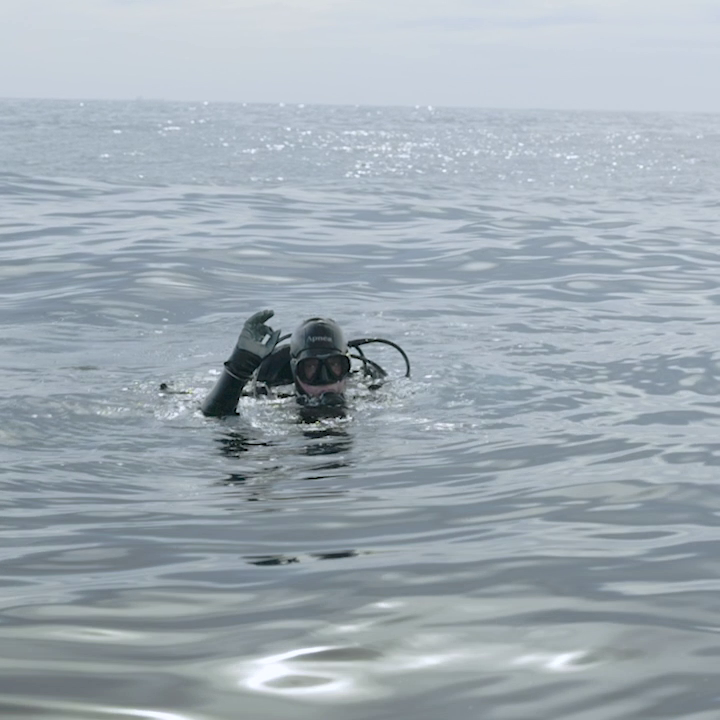I was born in 1927. I joined the army in 1949, in Kastoria. In 1951, an order came from the General Staff to send a unit of fifteen to Korea. Among them were two artillery gunners. It was my lot to be selected.
The fifteen of us, infantry radio operators, left and came to Vouliagmeni. And we boarded a boat. On board, there were English, Belgians, Dutch, and French. From there, we went to Turkey. When we got to Turkey, we took on some Turks. From there, we went to Abyssinia. I remember a priest came from Djibouti, a Greek, and he greeted us and gave us his blessing.
From there, we went to Busan, in Korea. We stayed there five days. They trained us on heavy artillery. Then we got onto a ‘James’, with all the lights off. We went past Seoul. It was completely destroyed. That’s where things got frightening. As we advanced, we saw the flash of falling shells. It scared the life out of us. We reached the unit at dawn. They welcomed us like brothers.
It was 6 June, and we were at Hill 370. At night, the Chinese attacked with a whole army. Those of us in the artillery fired into the night. By dawn, the first company reached us. We fought hand to hand. The first company sustained casualties, thirty dead and wounded. It retreated. Then, the second company attacked. There was a hell of a fight. With pistols and hand grenades. That evening we had thirty dead and wounded.
I had one from Levidi. Iliopoulos and Koulakis from Kantila, he was a radio operator. Their first battle... There were shells raining down on us. There was an American-Italian photojournalist taking pictures. ‘Anthony! Anthony! Take cover!’ Down came a shell and broke his arm. That was Anthony gone.
I’d laid down and was wearing my helmet. A shell came towards me, right here! My helmet broke it in two. You could have heard me screaming in Tripoli from Korea. It was a narrow escape. We took the hill. If the hill had fallen to the enemy, they would have killed us all. It was hell on earth.
After a while, the artillery began to fire. A shell, a bomb hit, and I was knocked unconscious. At 5 o’clock in the afternoon. I woke up at 3 in the morning . My whole body hurt. Next to me were two dying soldiers. I listened to the cries of one of them, I moved my hand like this, and it got covered in blood.
As soon as I came round, I started to check myself. Thank God and all the saints! I had both arms and legs, but my whole body ached. A Chinese force was coming. There was a bush nearby, and I took cover inside it. I had my pistol and a hand grenade. They passed fifty metres away from me. ‘Jesus Christ’, I said, ‘Better they kill me than take me prisoner’. They passed by. I understood that they had gone and went back to the rear. A jeep came and took me back to the unit.
We were tired, hungry, and covered in dirt and mud. We waited there for so long.
The fiercest battles took place in October. On Hill 313. The hill was controlled by North Korea together with the South.
They launched an attack with three thousand troops: an attack on the first unit. We had experience from the Civil War and took the summit. The first unit took the top. The Chinese attacked, and the artillery started to fire. Eight hundred dead. Then we learned that the Chinese had fired their general, and in all the newspapers it said, ‘The Greek Unit, the soldiers from Marathon’. Some people came, after we took the hill, congratulated us, and gave us medals.
The mission was for eight months. We had fifteen dead officers. Thirty-three wounded. Eight squadron leaders. One hundred and eighty-three soldiers. Six hundred and ten wounded.
The time came to ship out. We were so happy. The third mission came to relieve us. We were all so happy, they were in tears.
We headed for Tokyo. We stayed there ten days. From there, we collected the wounded and brought them to Athens. One comrade’s leg was completely gone. I took him off the boat in a wheelchair. We were received by King Pavlos. And the next day, I saw myself in a photograph of King Pavlos.
